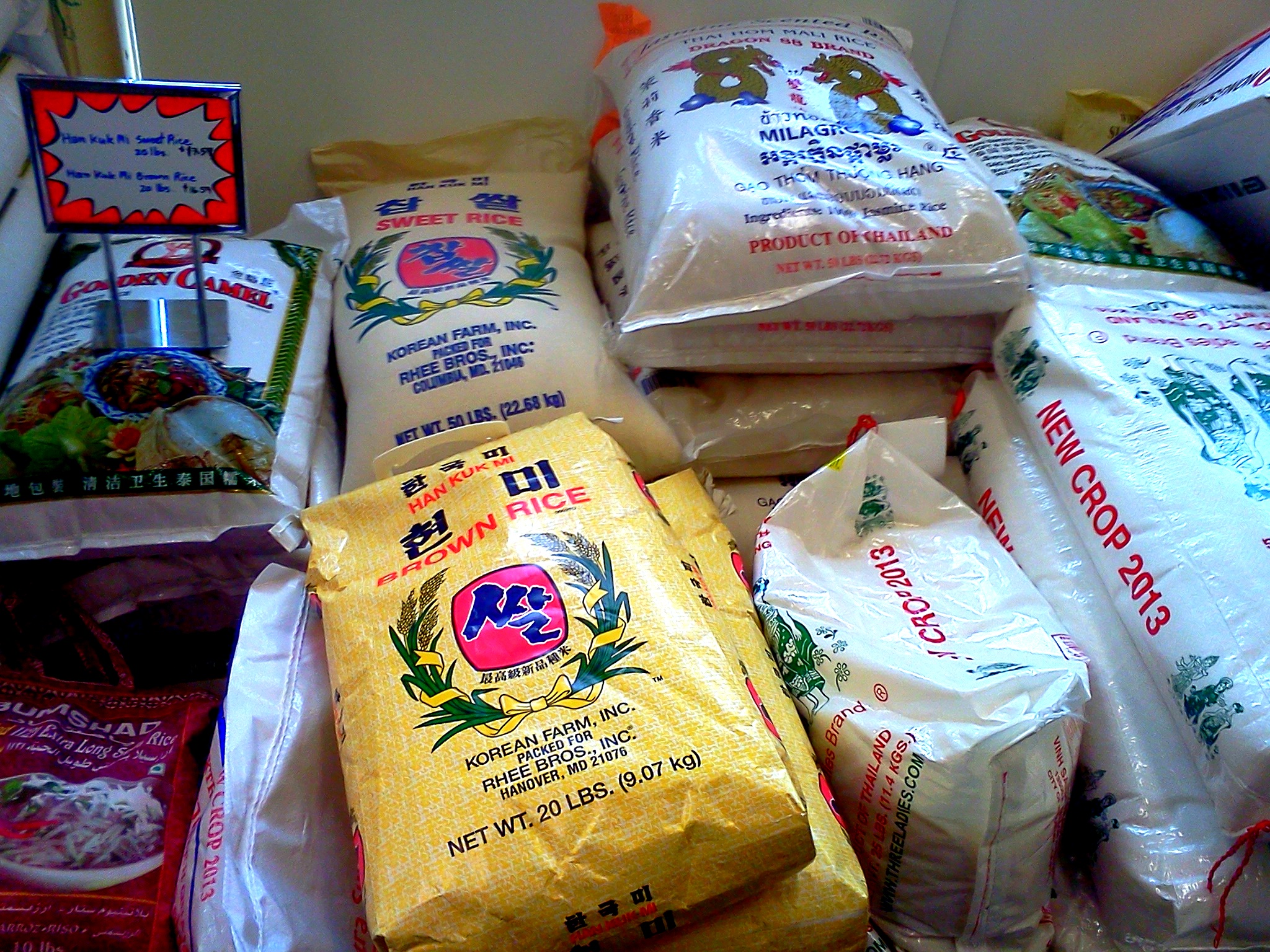The Senate on Wednesday asked the federal government to direct the Nigeria Customs Service (NCS) to suspend the recent lifting of ban on importation of rice into the country through land borders.
The resolution followed the presentation of Senate ad-hoc Committee on Import Duty Waivers, Concessions and Grants on the Nigeria Customs Service lifting of the ban on rice importation through the land borders.
The Senate had at its sitting on October 15, 2015, deliberated on a motion on dangers posed by the removal of rice from import restriction list as well as the re-introduction of import duty payment at land borders.
The committee, while presenting the report to the Senate, said there was an existing national rice policy which commenced in May, 2014 and will subsist till 2017.
While presenting the report on behalf of the committee, Senator Tayo Alasoadura (Ondo Central), said the existing rice policy was recommended by the Inter-ministerial Committee comprising Ministries of Agriculture; Finance, Industry; Trade and Investments, Rice Millers and Rice Traders.
According to the report, the meeting which was convened following the instruction of former President Goodluck Jonathan, resolved that all rice import should come through the seaports for effective control and collection of duties and appropriate levies.
The report further said the decision to unilaterally lift the ban on importation of rice through land borders would have an adverse effect on the gains of rice policy adding that the situation violated the collective decision taken by the ministries and stakeholders.
The committee further observed that the positive government policies on rice since 2011 had led to the increase in the number of rice mills across the country.
It added that NCS failed to convince the committee about its ability to monitor the porous borders, which he said created doubt about the capacity of NCS to effectively police the nation’s borders.
Alasoadura also reported that if the NCS had done its work well, some prohibited and contra banned goods including frozen chicken would not have flooded Nigerian markets as it is the case now.
He said lifting the ban would lead to evasion of custom duty and revenue losses for Nigerian maritime agencies such as Nigeria Ports Authority (NPA), Nigeria Maritime and Administration Agency (NIMASA), NARTO, Freight Forwarders and the haulage sub-sector.
The committee further observed that lifting of the ban would lead to diversion of vessels to neighbouring countries, observing that 5 per cent import levy being charged on rice by these countries was enough inducement, which he said if not checked, would lead to vessels deserting Nigerian ports and consequent unemployment.
Moreover, the committee reasoned that quality control of imported rice through the land borders would be impossible because regulatory authorities such as National Agency for Food and Drug Administration and Control (NAFDAC), Plant Quarantine Service (PQS) and Standard Organisation of Nigeria (SON), hardly operated at full capacity at the border stations.
Given the situation at the borders, the committee expressed concern that sub-standard rice would flood the country and endanger citizens’ lives.
The committee noted that rice policy as rolled out by the Federal Ministry of Finance in 2014 should have disallowed importation of milled parboiled rice by rice millers at 30 per cent and recommended that traders or importers should continue to import and pay import duty of 70 per cent.
This, it said, would make it possible to channel all rice importation through the nation’s seaports.
In his remark, Senate President Bukola Saraki said the committee’s recommendations should be taken seriously and adequately implemented, noting that rice importation is depleting the nation’s revenue and as well worsening the rate of unemployment in the country.







